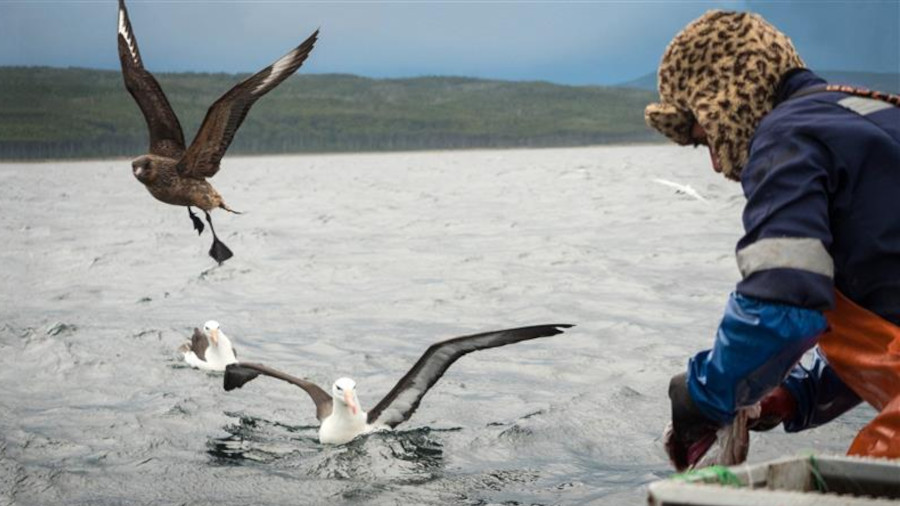Practicing reciprocity between humans and nature—namely caring relationships between people and nature when they perceive benefits from nature—can contribute positively to both the planet and societies. This is the main conclusion of a comprehensive international study that explores the different ways in which this concept is understood and enacted worldwide, providing evidence of its impact on sustainability and social well-being.

Human activities are the root causes of global change, yet current societies are far from effectively mitigating and adapting to the effects of industrialization and capitalism. However, a newly released Special Feature in the journal People and Nature of the British Ecological Society highlights the existence of numerous cultural practices that foster reciprocity with nature, revealing that there is still room for optimism.
The study, conducted by the Institute of Environmental Science and Technology at the Universitat Autònoma de Barcelona (ICTA-UAB), the French National Research Institute for Sustainable Development, and the University of Victoria (Canada), stems from the need to promote alternative ways of living in the world. This Special Feature brings together scientific case studies from across five continents that showcase the myriad ways of living in reciprocity with nature. "These wonderful examples of the multiple ways people and nature benefit each other provide hope for the future because they illustrate that there are better paths," says Natalie Ban, co-editor of the Special Feature.
After more than two years of work, the Special Feature demonstrates that reciprocity is core to the lifeways of Indigenous and local Peoples, illustrating the diverse and beneficial ways in which people and nature support each other. Arising from direct experiences and interactions with species and spaces, grounded on a culture of gratitude and respect, and often experienced as a moral duty, enacted reciprocity can result in positive social and ecological outcomes. "Many of the articles demonstrate that humans can care for ecosystems in ways that sustain biodiversity," explains Irene Teixidor-Toneu, co-editor of the Special Feature.
"This Special Feature is a heartfelt compilation of 18 scientific articles from different corners of the world and features rich accounts of the pathways through which ideals and values of reciprocity are applied in the everyday practices of Indigenous Peoples and other local communities," explains Álvaro Fernández-Llamazares, researcher at ICTA-UAB and co-editor of the Special Feature.
The case studies compiled are highly diverse in nature, including works on palm management in the Ecuadorian Amazon, protection and gathering of abalone along the Northwest Pacific coast of North America, and seabird nest construction and egg collection in Estonia, among others. "These studies highlight the strong emphasis on cultivating positive, reciprocal, and responsible relationships among humans and their non-human kin," he adds.
For example, food gathering for community sharing in Cameroon, the creation of intertidal habitats that facilitate fish spawning and reproduction in Chile, or the return of fish offal to the sea to feed seabirds in the Chilean Patagonia are just a few examples of simple yet beneficial practices for both people and the planet.
Additionally, the Special Feature highlights that reciprocity stands in stark contrast to unilateral, exploitative, and growth-oriented globalized capitalist societies. By offering an alternative way of relating to and being in the world—one that seeks fair resource distribution—reciprocity holds great potential for transformative change.
"Reciprocity can be a cultural norm for a certain culture, but it can also be the result of accurate observations of the consequences of trespassing ecosystem boundaries. People can learn from their immediate actions and change their relation with their environments for more sustainable outcomes rather quickly," reflects Irene Teixidor-Toneu.
Reference
Teixidor-Toneu I, Fernández-Llamazares Á, Alvarez Abel R, Batdelger G, Bell E, Caillon S, Cantor M, Correia JE, Díaz S, Fisk J, Greene A, Greening S, Hoyte S, Kalle R, Loayza G, Mattalia G, Montúfar RJ, Ojeda J, Phatthanaphraiwan S, Vaccaro I, Ban NC. 2025. Human-nature relationships through the lens of reciprocity: insights from Indigenous and Local Knowledge systems. People and Nature. https://doi.org/10.1002/pan3.70036






